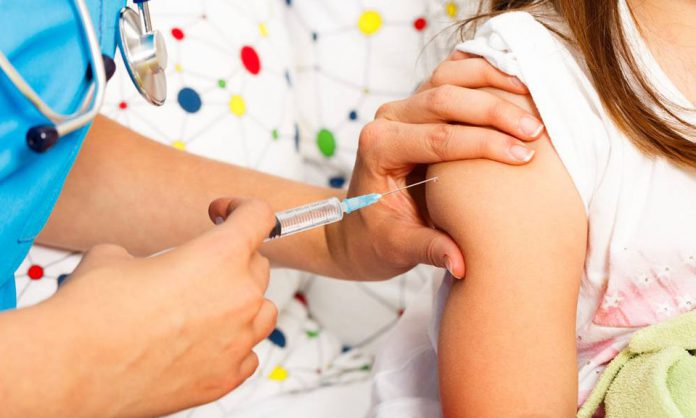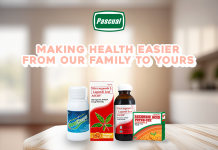Dengue has always been a concern here in our country since both adults and kids can acquire it, and it can be life-threatening especially if it’s not treated properly. Recently, dengue once more dominated the headlines because of reports that Dengvaxia – the dengue vaccine, poses more risks for people who have not been previously infected. Sanofi Pasteur, Dengvaxia’s manufacturer, issued the statement last November 29, after new analysis of 6 years’ worth of clinical data.
“The analysis confirmed that Dengvaxia provides persistent protective benefit against dengue fever in those who had prior infection. For those not previously infected by dengue virus, however, the analysis found that in the longer term, more cases of severe disease could occur following vaccination upon a subsequent dengue infection,” said Sanofi.
So what does this mean? Here are some things parents need to know about Dengvaxia:
Dengvaxia is the first licensed dengue vaccine. It is formulated to protect individuals from all four strains of the life-threatening mosquito-borne disease. It was recommended for 9-year olds and above, and given in three doses.
The Philippines is the first Asian country to approve Dengvaxia’s sale in December 2015. This was just two weeks after Mexico, which was the first country in the world to approve of the vaccine’s commercial sale. In April 2016, the Department of Health (DOH) launched a school-based immunization program with an allocated budget of PhP 3.5 billion. As of November 2017, more than 733,000 public school children in the National Capital Region, Region 3 and 4A received the vaccine under the program. The said regions were also identified as areas with the highest recorded incidence of dengue.
Dengvaxia and the DOH immunization program have been hounded by issues right from the start. Rappler did a report on the vaccine’s safety, efficacy, and cost-effectiveness, and the immunization program’s “alleged anomalies in the procurement process.” On October 2016, a House Resolution was filed to probe the dengue immunization program and hearings have been held since then.
What qualifies as a severe dengue infection? Sanofi, in its statement, said that those who had no prior dengue experience could have an increased risk for a more severe dengue case if he/she gets dengue after the vaccination. The World Health Organization (WHO) classifies dengue cases as severe if there is organ failure, liver damage, and fluid in the lungs. However, Sanofi already identifies a dengue patient with a bleeding nose as severe.
If my child got the vaccine, what does this mean? According to Sanofi’s statement, Dengvaxia’s protective benefits are seen in those who have had a prior dengue infection. So if your child has had dengue before getting the vaccine, then it poses no problem. The risk, however, lies on those kids who never had dengue and was vaccinated, as they now have a higher risk of getting a severe case of the infection if they do get dengue.
What will happen now? Dengvaxia’s recommendations and product information leaflets will reflect Sanofi’s new findings regarding the vaccine. The DOH, on the other hand, has put on hold its dengue immunization program and has come up with a framework of next steps in light of these developments. This includes obtaining the medical history and monitoring future hospitalizations of the vaccine recipients, and the provision of “supportive care” as necessary. The agency will also review the country’s current dengue immunization guidelines.
My child got the vaccine, what do I do? DOH assures the public that the vaccines are still safe. However, parents should still be mindful of any symptoms associated with dengue, especially those that could be indicative of a severe infection.
To learn more about dengue and how to protect your child, you can see our previous article about it here.





